Introducing Wild Dagga (Leonotis Leonurus) – Cut Flowers from Mexico!
Wild Dagga, scientifically known as Leonotis leonurus, is a flowering plant native to southern Africa.
Botanical Information
Wild Dagga belongs to the Lamiaceae family and is a perennial herbaceous plant. It typically grows to a height of 1 to 2 meters, with square stems and lance-shaped leaves arranged in opposite pairs along the stem.
The plant produces dense clusters of tubular flowers that are orange to reddish-orange in color, giving it a striking appearance. Wild Dagga is known for its drought tolerance and ability to thrive in various soil types, making it a popular ornamental plant in gardens and landscapes.
Traditional Uses
Wild Dagga has a long history of traditional use among indigenous peoples in southern Africa, particularly among the Xhosa, Zulu, and Khoikhoi tribes.
The plant is valued for its medicinal properties and is used to prepare herbal remedies for a variety of ailments. In traditional medicine, Wild Dagga is often used as a natural remedy for respiratory conditions, such as coughs, colds, and bronchitis. It is believed to have expectorant and bronchodilator effects, helping to relieve congestion and promote respiratory health.
Additionally, Wild Dagga is used for its potential analgesic and anti-inflammatory properties. It may be applied topically or consumed orally to alleviate pain and inflammation associated with conditions such as arthritis, muscle spasms, and headaches.
Some indigenous cultures also use Wild Dagga for its psychoactive effects. It is believed to have mild euphoric and sedative properties, promoting relaxation and relieving stress and anxiety.
Cultural Significance:
Wild Dagga holds cultural significance in indigenous African traditions, where it is regarded as a sacred plant with spiritual properties. The plant is often used in rituals, ceremonies, and spiritual practices to induce altered states of consciousness, facilitate meditation, and enhance spiritual insight.
In some cultures, Wild Dagga is believed to have protective qualities, warding off negative energy, evil spirits, and malevolent forces.
The vibrant orange flowers of Wild Dagga are also associated with vitality, abundance, and creativity, and they are sometimes used in decorative arrangements or as offerings during rituals and celebrations.
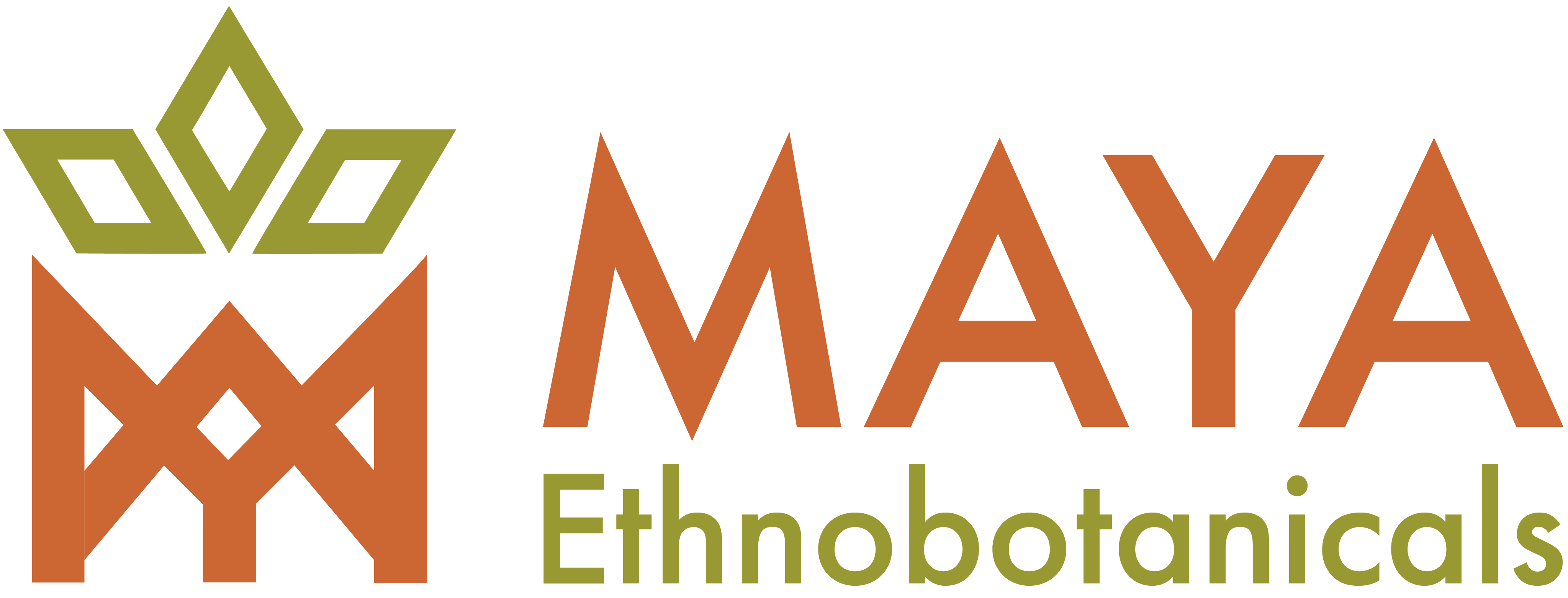



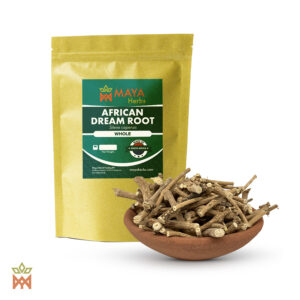

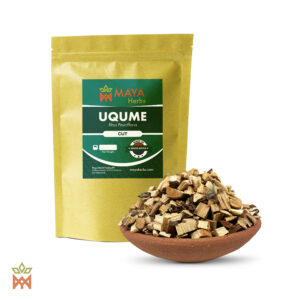
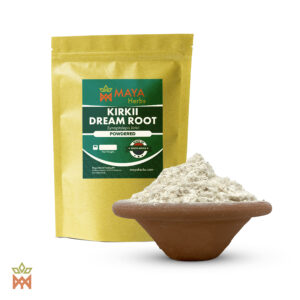
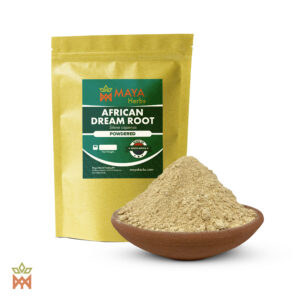

Reviews
There are no reviews yet.